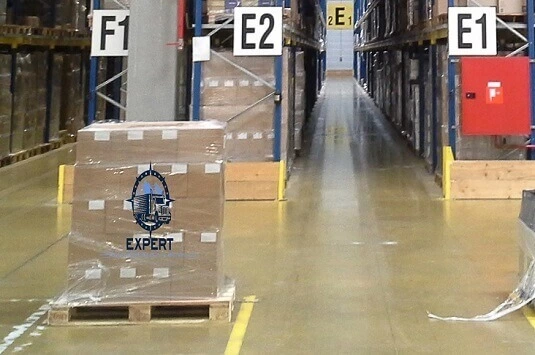
All About Relocating to New Home With Children:
The Step-by-Step Guide to Making Changes Packing and Moving can be challenging for anyone of any age, but it can be even more stressful for children who are not involved in the decision-making process. There are always additional challenges in moving when children are involved. So while uprooting a teen or changing schools can often be difficult, moving a young child comes with its own set of challenges. Leave the bed and toys behind and everyone will be like family when they move into their new home. The better you understand this, the easier it will be for you to accept this change in your life.
Change is about confirming your fears and feelings, listening to them, and setting expectations in a way that they can understand. Make your message about this change positive and clear, reinforcing it several times as you go. Indent to move in. Start earlier than you think you need to. It happens to everyone - moving day is creeping up on you and you have to toss things in boxes and quickly scrub the floor while the moving truck is on the move.
Start packing and cleaning up as soon as possible so your family is well prepared for the big day. There is nothing better than preparing the child for the move in good time. It is the lack of certainty and the feeling of not having anything in hand that is really stressing the children. This can be resolved to some extent and the child can be prepared for what is to come.
Providing as many specific details about the new city and your home as possible ensures that the child is adequately prepared It is also very important to include the child in the decision to move in an age-appropriate manner, for example, to leave the design of their new room to important aspects of their life, such as his pet, or even his favourite toys, will stay with him. Most importantly, make sure the child knows that you are there for any questions, both during the transition and after the move. borders on the child's nervousness and does not want it to go away. The message to convey to your child is that even if you are nervous about the move, you will do your best to facilitate the change as much as possible.
Stick to the routine: recruiting your children for simple tasks that need to be done before you move is a win-win situation for both of you. Provide them with lists of cleaning tasks and items to pack before they move. the transition phase to stick to the child's routine so that they can develop a sense of familiarity. This also applies if you have made the change so that the child feels comfortable in an unfamiliar environment. When setting up the house, be sure to first set up the nursery so that it is comfortable with familiar items. and a simple method of an organization recognized by Kida.
Pack travel bags for everyone - Make sure every family member has a travel bag with all their essentials. Use these bags for the last night in your old home and home. First night in your new home. Sure, t use it - kids tend to hoard a lot of things they don't need: broken coloured pencils, old school assignments, buckets full of old toys, etc.
Keep In Touch With Old Friends: A large part of children's fear has to do with losing friends and worrying about how they will make new friends. Depending on the age of the child, you can of course suggest ways and means stay in touch, be it a phone call during the week, a letter or maintaining contacts via social media. You can also throw a farewell party or help them create a scrapbook. With your friends' memories, you will help them make the transition smoothly. Likewise, conversations with the teachers of the new school before starting school are used to inform about the child's fears, that they will take good care of the child and that new friendships will be formed.
Try to get your child to the new school before they officially start school so they know what to expect that day. Be positive: if there is one mantra that can make the whole process easier, it is for the parents to stay; focusing on the good things of moving can be a great way to point it out to the child. You might be moving to a bigger house.


































